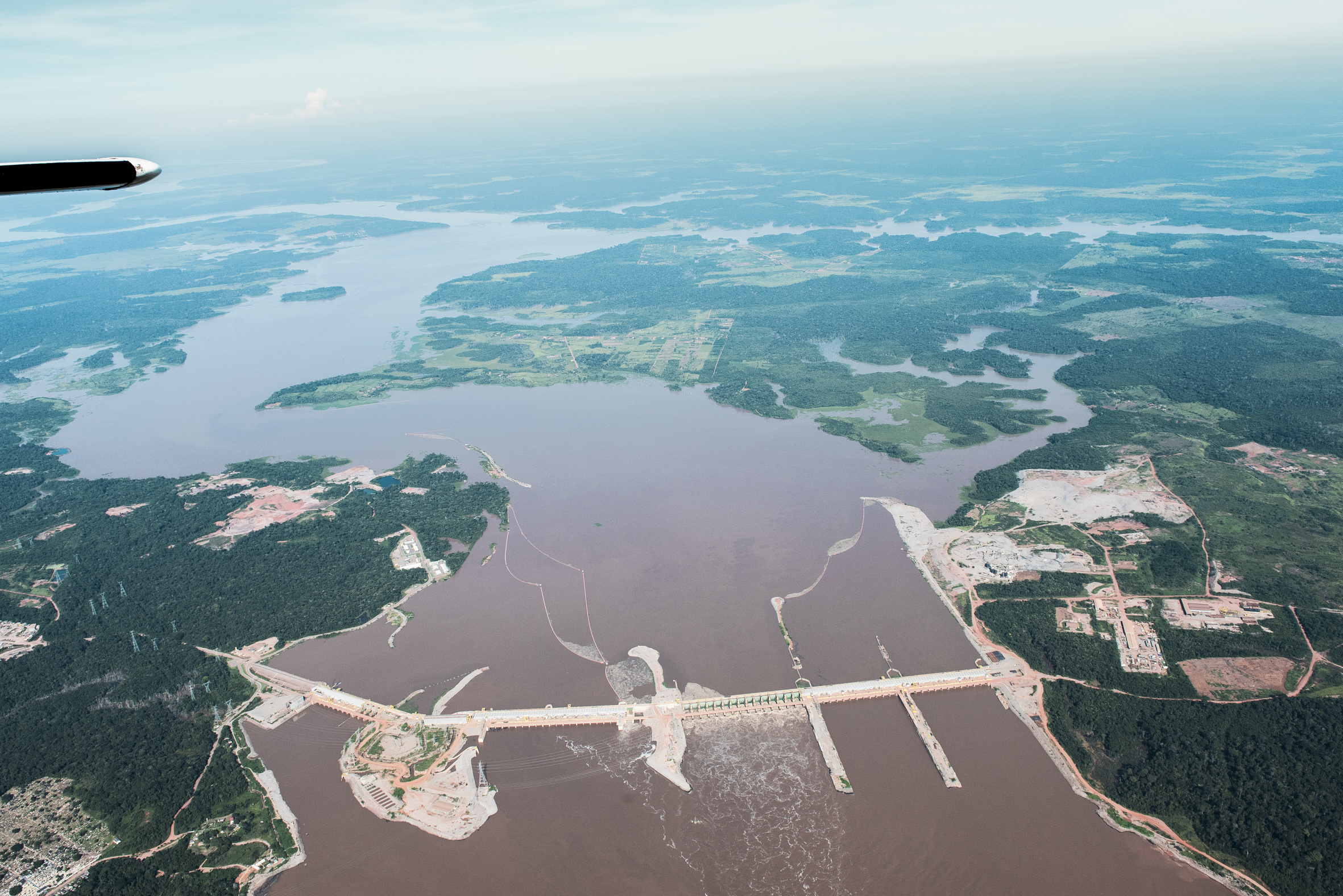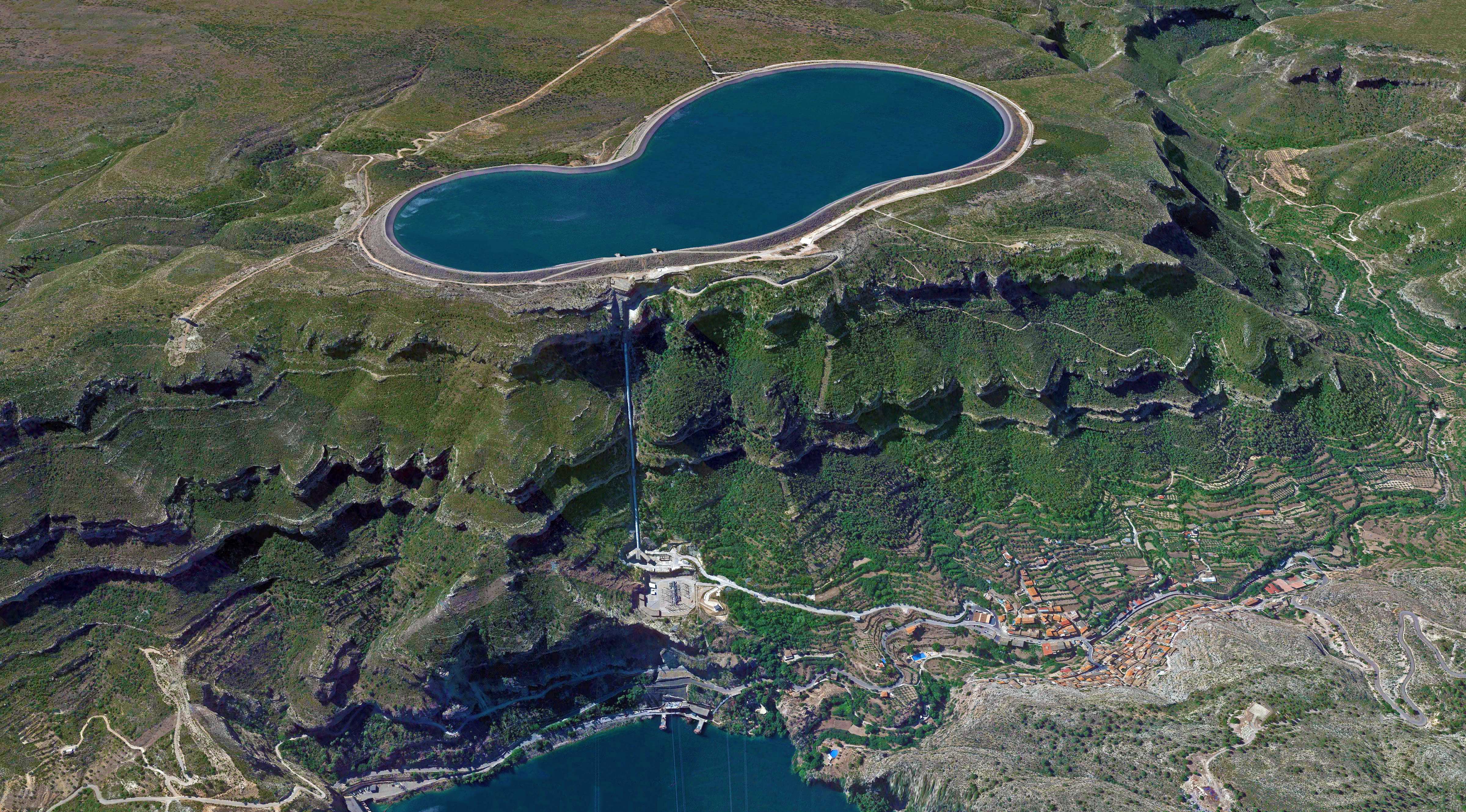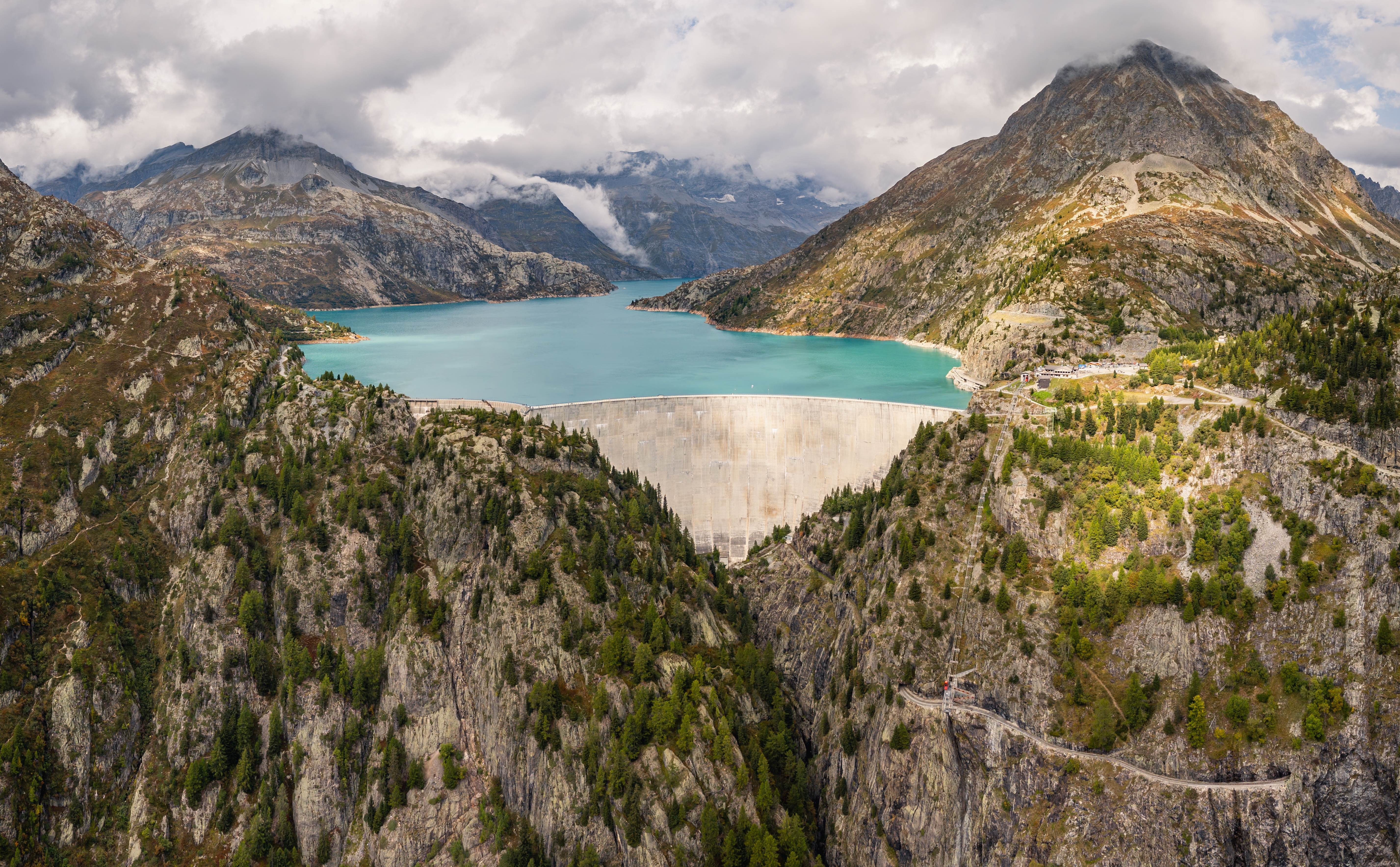Interview: Roger Gill, international hydropower consultant
Roger Gill is an international consultant and company director. He is an IHA Board member and past vice president, and has over 35 years’ experience in the renewable energy sector. He speaks about the sustainability challenges in a highly communicative world.
You have been an active consultant around the world. What do you think is the level of awareness of sustainability issues across the globe?
From Africa to South America, South-East Asia and Central Asia, hydropower businesses certainly recognise the importance of being sustainable.

Developers recognise that securing the ‘social licence’ to implement new projects requires the full suite of sustainability issues to be addressed. Operators know that managing power schemes requires more than just technical know-how.
What is not always clear to them is exactly what is included in that full suite of sustainability issues. This is where international exchange of ideas is extremely useful. And IHA is playing a strong role in that regard.
One of the big issues that the hydropower industry is increasingly working to address is sediment management. So far we’ve developed over 30 per cent of the world’s economic hydropower potential in river basins across the globe.
Going forward, we’re looking at developments in areas which are more challenging from a sediment perspective, such as the Himalayan region and the Andes, where relatively young geology creates high sediment loads in the rivers. We can expect that as reservoirs age and sediments accumulate, sediment-related challenges will increase in severity and more sites will be affected. Adapting existing and new designs to effectively manage sediment is therefore becoming an important focus.
Why do you think hydropower organisations should pay attention to what is going on elsewhere in the world?
The best developers look at problems that have arisen elsewhere, and they try to avoid them. If you just focus on your region, you risk being blindsided by an important trend in another part of the world.
an emphasis on the need for strong environmental and social balance in hydropower projects is evident in the expectations of lending institutions."
In today’s highly communicative world, the most successful organisations have adapted to operating in a global space, and they understand that issues in one part of the world can easily influence decision-makers, media, politicians and project financers in another part of the world.
If your funding sources are coming from a global space, then you can’t afford to only think about your region. You have to be aware of the downsides that might have occurred elsewhere, and make sure you’ve got mitigating strategies in your business to cope with them.
How do you think the roll-out of the Hydropower Sustainability Assessment Protocol will have an impact on developers and operators around the world?
Wherever you go in the world, hydropower developers want to know what the benchmarks are. What the protocol has been able to do – because it’s taken a global view, and it looks at all key aspects of developing hydropower – is to enable developers of any level to test themselves against what is good practice and what is exceptional practice, and make choices about how they intend to develop their next project.
Whether you’re in South America, Central Asia or Africa, cross-pollination is important. I’m working at the moment in South America, and the protocol provides very useful guidance for developers looking to gain a ‘social licence’ as well as giving confidence to project lenders.
Have you witnessed an increased interest in hydropower from the finance sector, and what do you think is the most common misconception about hydropower from that sector?
We’ve seen a significant resurgence in hydropower investment in the last 15 years following the period in the 1980s and 90s in the west when environmental and social impact concerns severely restricted investment.
The push towards a low-carbon economy has now changed lenders’ appetite for the renewables sector. And an emphasis on the need for strong environmental and social balance in hydropower projects is evident in the expectations of lending institutions.
IHA has been instrumental in making the case for sustainable hydropower and bringing about a better perception of it around the world. And I think the finance sector is becoming increasingly aware of the improved approach to sustainable development being practiced by leading developers.
The re-entry of the World Bank into the hydropower development arena in the last decade has had a major influence on the sector. And they have been accompanied by an increasing number of commercial investors and lenders looking at the long-term returns available from hydropower projects when linked with capable developers and project owners.
You can find out more about the Hydropower Sustainability Assessment Protocol at www.hydrosustainability.org.









